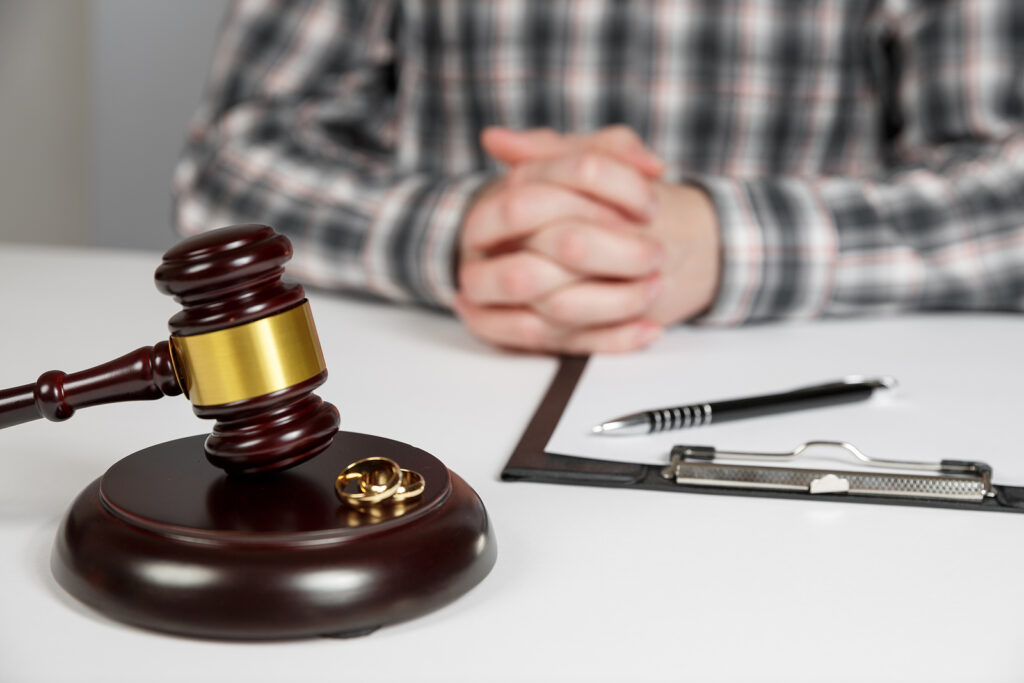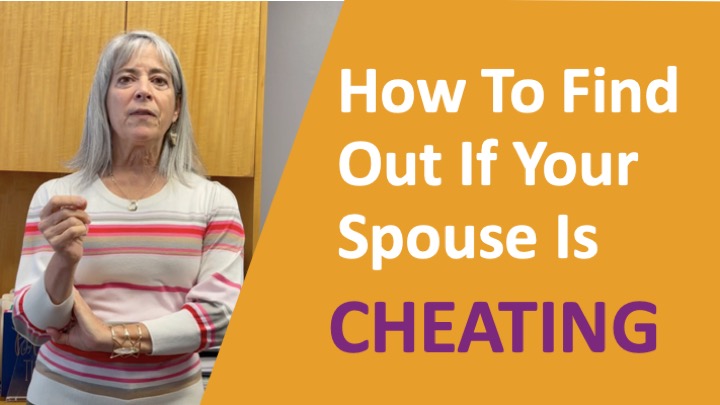If you are involved in a court case or if you’ve recently received a notice that states you must appear in court, you have likely been served with either a subpoena or a summons. So, what is a subpoena and how does it differ from a summons?
Summons
A summons is a document you receive when a civil case has been filed against you. Most people are familiar with summons due to divorce or custody proceedings. However, you will receive a summons in any civil action. You must be properly served with a summons, though the requirements of service can differ based on individual circumstances.
A summons must always include the names of the parties, the case number that has been assigned by the court, the addresses of both parties, and the amount of time you have to answer the complaint. A copy of the original complaint will also be included.
If you’ve received a summons, you must respond to it. It is best to consult with an attorney, at least initially, in order to determine what your next steps will be regarding your case. Failing to answer the complaint included with your summons may have legal consequences.
Subpoena
Unlike a summons, you can receive a subpoena even if you are not a party to a court case. A subpoena is simply a legal directive requiring that you appear at a certain time and place to give testimony. Your testimony could be required at a trial, at a deposition, or at both.
A deposition is an oral testimony taken under oath. Unlike a trial, this will likely occur at the office of the attorney who noted your deposition and may be attended by the parties to the case. The subpoena will state whether or not your testimony is needed for a deposition or a trial. After giving your deposition, you may still be asked to testify at trial.
If you receive a subpoena instructing you to appear in court, it could be a witness to a criminal matter or to give your testimony in a civil matter. The subpoena may require that you bring additional documentation related to your testimony, so it is important to read all of the attachments carefully.
If you are being asked to bring personal documents to either a deposition or a trial which you do not wish to produce, or if the subpoena requires that you travel out of state, an attorney can help you file a motion in court asking that the subpoena be “quashed.”
If you have been served with a subpoena, do not ignore it. You should consult with an attorney to ensure that you understand your rights and your obligations.





